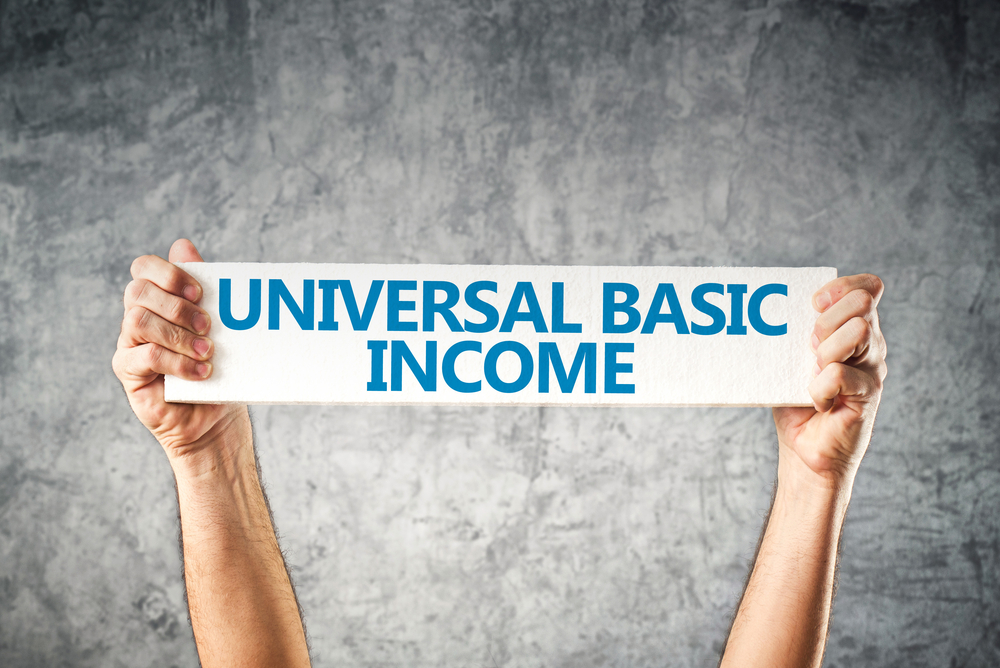Universal Income is a sort of social welfare program where all citizens receive a certain amount of money from the government regardless of any other stipulation outside of citizenship (or possibly permanent residency depending). This means regardless of income or employment, citizens would expect a check similar to a pension system but without the requirement to be retired.
Usually this also coincides with a drastic slashing of other social welfare programs, as the Universal Income would -in theory- address similar issues more effectively. With the increasingly automated workforce emerging at a truly staggering pace, it may be something that the younger individuals of this world will see implemented on a large scale within their lifetimes. I believe that blockchain technology would be able to benefit the issuing authorities and recipients alike.
While Universal Income programs are left to the discretion of countries’ governments, some other local constituencies have already begun doing trial runs of these. A few have been trialed in the past, with conflicting results. However, 2017 seems to be the year that many new and optimistic experiments on the matter take place. Kenya, Uganda, Italy, Finland, and Canada are among the many countries which will be hosting at some constituency level or another to test the effectiveness of this sort of welfare program at tackling unemployment, poverty, hunger, and homelessness.
With the trail runs of this being so early into their infancies, it would seem cavalier to suggest that a full blown program will happen sooner rather than later. However, this is exactly what Tesla CEO, Elon Musk, said. For Musk, it is not a question of if, but when. “It’s going to be necessary,” Musk explains. As more jobs are performed by automated and robotic workers, more human labor is displaced. Without training or access to different jobs, poverty epidemics could destabilize the world economy in unimaginable ways. Alarmingly, Musk has the studies to back him up. One of the worst case scenarios puts 50% of jobs held by humans today in robotic hands by 2030.
As it appears inevitable that nations will need to embrace the reality of Universal Income, I suggest that blockchain technology would be beneficial to going about this in a secure and efficient manner. While I know many crypto users may cry foul at the idea of a centralized authority using a technology which aims to decentralize networks, I think it’s worth humoring the idea. A social security number (or other national equivalent) would be able to act as a sort of private key for a wallet, which could generate public facing addresses. Utilizing a Proof of Stake code, which blockchains like Peercoin and Reddcoin use, might be an interesting way of regulating the spacing of payments. Welfare fraud would be a lot harder, and mistakes on either end would be clearer, sooner. It could even be an altcoin that is issued and can be redeemed at some set price against the country’s fiat. Or, it could even just be traded peer to peer.
Regardless of where you place the responsibility of mass unemployment due to automation (in either the government or private sector), Universal Income does seem to be barreling toward us. Perhaps this could be a good opportunity for blockchain technology to strut its stuff.
If you liked this article, follow us on Twitter @themerklenews and make sure to subscribe to our newsletter to receive the latest bitcoin, cryptocurrency, and technology news

